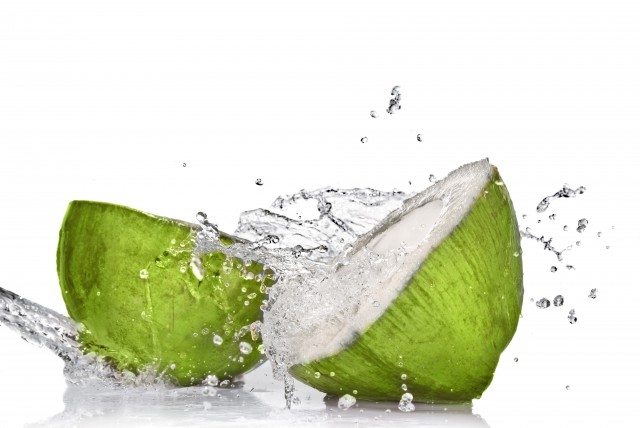Coconut water remains a niche beverage in the UK, despite endorsements from celebrities such as Rihanna and consumers’ awareness of the health benefits of the drink.
A Canadean survey of 2,000 adults in the UK on August 2014 reveals that less than one in 10 (7%) consumers have purchased coconut water in the last 12 months.
However, those who buy coconut water consume it regularly: 49% say that they drink the beverage either “daily” (19%), “weekly” (12%) or “every couple of weeks” (18%).
The drink is noticeably popular among younger adults, with those aged 25-34 years old (15%) most likely to have drunk the beverage over the last year, and those aged 55 and over (3%) the least.
The survey’s findings are supported by Canadean data: Although coconut water experienced a growth spurt of 78% in the UK in 2013, three million liters were consumed – a relatively low number which is expected to stay at a similar level in 2014.
Health boost more important than taste
Survey respondents said they purchased the beverage because “it is healthy” (72%) followed by “I like the taste” (58%).
The fact that the nutritional aspect of the beverage is more important than sensory attributes shows that the beverage is still primarily seen as a functional drink.
“The consumption of coconut water remains a niche despite the high magnesium content of the beverage,” says lead analyst Michael Hughes.
“This can be related to consumers finding the distinct taste of coconut water off putting and instead prefer drinks that they perceive as delicious.”
The fact that few consumers have tried coconut water and not everyone likes the taste has consequences for producers.
Canadean suggests to promote the functional aspect of the beverage and concentrate efforts on the small – but loyal – consumer base.
“Manufacturers need to position coconut water as a functional beverage and raise awareness of the nutritional benefit among core groups such as sportsmen and athletes to help grow its consumer base,” says Hughes.










